It Gives You Wings, But At What Cost?
Student Caffeine Addiction Real, Experts Say
Teens often drink caffine to stay awake during school, but many experts say their dependency on the drink is rapidly becoming an addiction.
May 9, 2023
During his junior year, senior Nathan Krause would down his first energy drink of the day only an hour after waking up. By fourth period, he’d already be mid-crash. For him, that meant it was time for another.
“Excessive use of caffeine made it impossible to get through the day without having any caffeine at all or taking a nap,” Krause said.
Krause wasn’t alone. Whether they’re chugging a venti Cold Brew from Starbucks or shotgunning a Red Bull, a lot of high schoolers suffer from caffeine dependency. According to the National Library of Medicine, almost 90% of people regularly consume caffeine, making it the most widely used drug in the world.
Students use caffeine because it works, but it also has serious downsides.
“Teens are tired, drink caffeine to stay awake, and then the caffeine can prevent them from getting a good night of sleep, starting the whole cycle again,” Dr. Sharon Sagel, a pediatrician at Southeast Denver Pediatrics, said.
Overconsumption of caffeine has become very casual, but this doesn’t take away from its addictive properties.
“[Caffeine] works to stimulate dopamine, which is similar to amphetamines and other drugs such as cocaine or heroin,” Sagel said. “So someone who likes the buzz may be likely to look for it in other ways, especially if they have built up a tolerance to caffeine from frequent consumption.”
Instead of giving up caffeine when it no longer has the desired effect, most people just consume more, or turn to other drugs with the same goal, making caffeine a potential gateway drug.
“The more you drink caffeine, the more tolerant your body and your brain become,” school nurse Darcy Miccio Pace said. “Then if you stop you’re going to have withdrawal symptoms.”
When Creek teens get Starbucks on their off period, Miccio Pace worries they aren’t aware of the amount of caffeine they’re actually consuming. The recommended caffeine dose for a teen is about 100-120 milligrams per day, but a grande Starbucks Cold Brew has nearly 300 milligrams.
“[Students’] heart rates are usually really high,” Miccio Pace said. They’re very irritable, very jittery, and really anxious. Their central nervous system is on overdrive, so their heart rate and blood pressure are going to be high too [especially after drinking caffeine].”
The serious effects associated with large doses of caffeine are especially detrimental for teens, as their bodies haven’t fully developed.
“If I drink too much caffeine, my hands start shaking because I have almost too much energy, it keeps my brain awake but it also feels like it’s moving in 100 different directions,” freshman Gabriela Hafley said.
According to Sagel, these symptoms are common among caffeine users, and the desired effect of caffeine can be overshadowed by these side effects.
“Caffeine is one of the most addicting drugs to exist, especially because of how cheap and accessible it is. Anyone can buy it. high schoolers especially,” Krause said.
Krause was once drinking up to 800 milligrams of caffeine daily. He believes this wouldn’t have been possible if caffeine wasn’t both inexpensive compared to other drugs and easily accessible.
“[Caffeine dependency] is definitely an issue that needs more attention,” Krause said. “There are so many unforeseen consequences to this [issue] that most people don’t realize.”

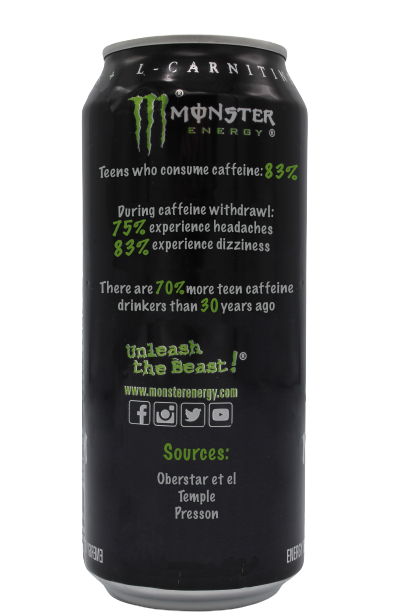
![Freshman Alexa Casillas Martin and sophomore Jocelyn Hernandez cut onions and peppers in the culinary room while in Spanish teacher Wilmer Barrera’s Native Speaker Spanish class. Barrera wants his students to learn about Spanish culture through daily life experiences such as cooking so he incorporates cooking into his classroom teaching. “I graduate[d] from college and I love being in front of the classroom,” Barrera said.](https://unionstreetjournal.com/wp-content/uploads/2023/04/Mr.-Barrera-cooking-story-300x200.jpg)

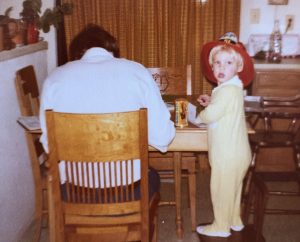







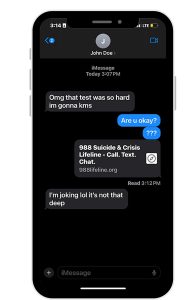







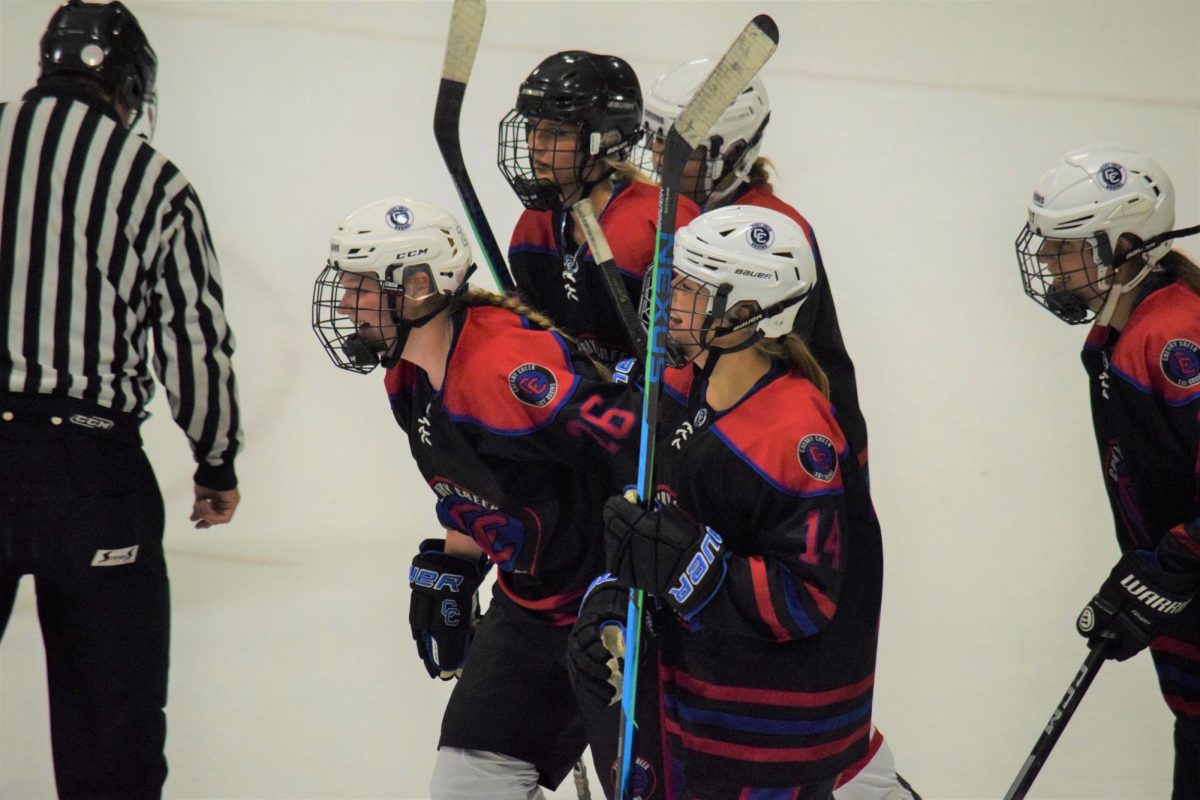
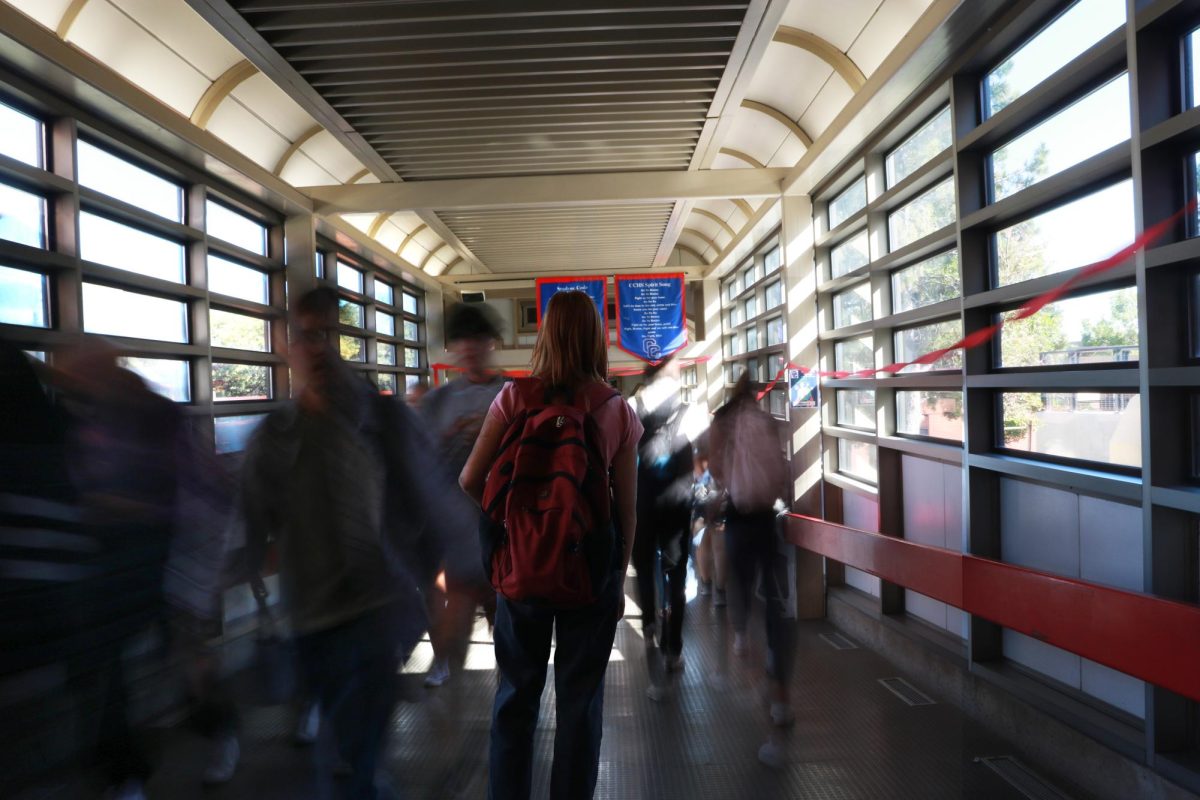
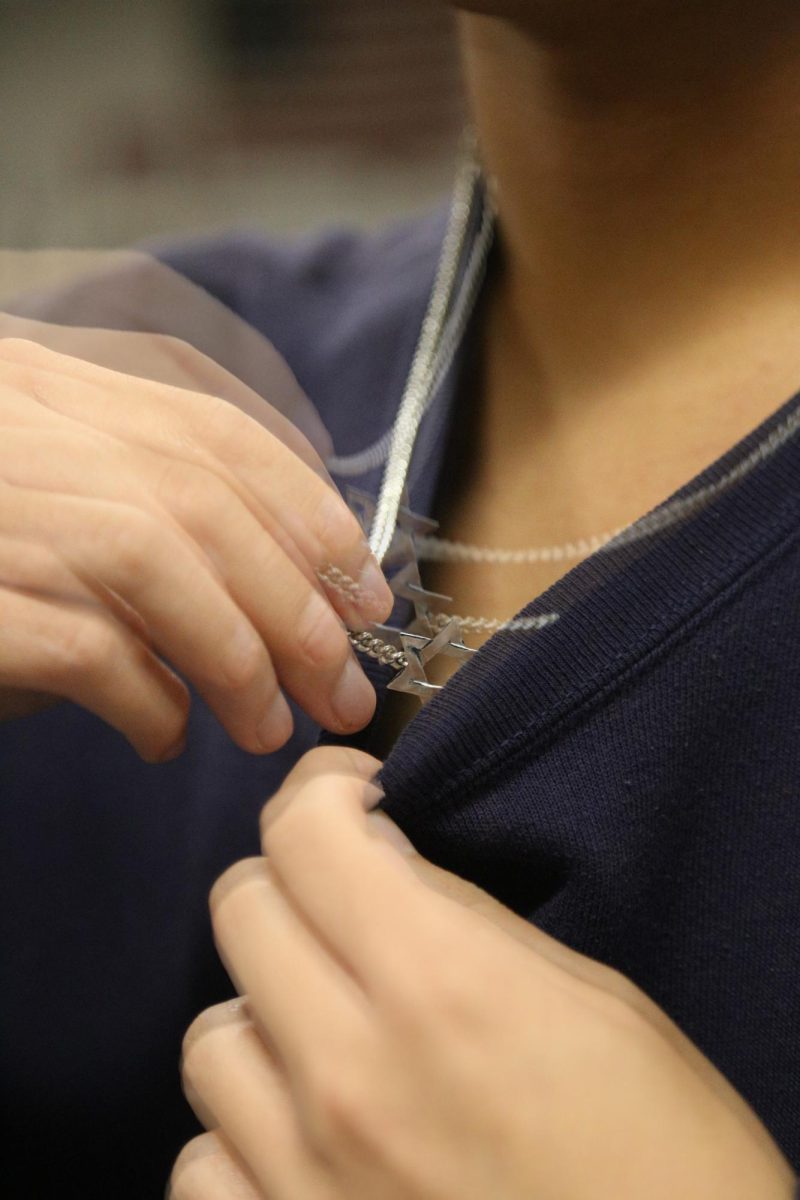
![In a recent surge of antisemitism nationally, many have pointed towards social media and pop culture as a source of hate. “Many far-right people have gone on [X] and started just blasting all their beliefs," Sophomore Scott Weiner said.](https://unionstreetjournal.com/wp-content/uploads/2023/10/antisemitism-popculture-2-1200x675.jpg)
